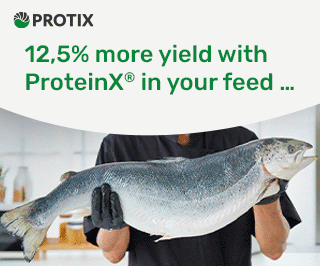No longer be able to obtain certification through the CanadaGAP Program.
In a press release, CanadaGAP – which provides an internationally recognized food safety standard and certification system for fresh produce suppliers – writes that new information has come to light related to potential chemical hazards (antibiotics, for example) associated with aquaponic production.
Aquaponics
Aquaponics often blending aquaculture and hydroponics, without the need to discard water or add chemical fertilisers.
“Further, there may be potential for leafy greens to uptake possible contaminants found in the water from the aquaculture production. Unfortunately, peer-reviewed scientific studies are limited at this time,” it wrote.
The body said additional science will be required to validate that all potential hazards which are why the decision was taken to phase out this scope of CanadaGAP certification.
Withdrawn
Companies that are currently CanadaGAP-certified for Aquaponic production will have their CanadaGAP certification withdrawn by the certification body effective March 31, 2020.
This would mean that companies like Green Relief, a Canadian medical cannabis company that uses aquaponics to grow marijuana using fish tanks and tilapia, will not receive the certification. SalmonBusiness talked to the company if their system could grow salmon and trout.
While not in Canada, it may also have consequences for sites like Wisconsin-based Superior Fresh which operates a 160,000-square-foot aquaponics facility that produces around 72 tonnes of salmon and trout per year.
Water treatment company Pentair closed an innovative aquaponics venture after in six years in May. Urban Organics raised tilapia and rainbow trout and grew salad greens year-round in a closed-loop system in the former Schmidt Brewery in St. Paul, Minnesota, USA.
Negative situation
Industry site UrbanAgnews wrote that they believe decision appears to be based on faulty and/or incomplete information:: “A negative situation is brewing in Canada that could spread across borders and set back aquaponics’ progress worldwide”.
“This decision strikes at the heart of all aquaponic growers. We must publish and maintain trustworthy information about our practice to ensure institutional support, rather than opposition,” it wrote.


